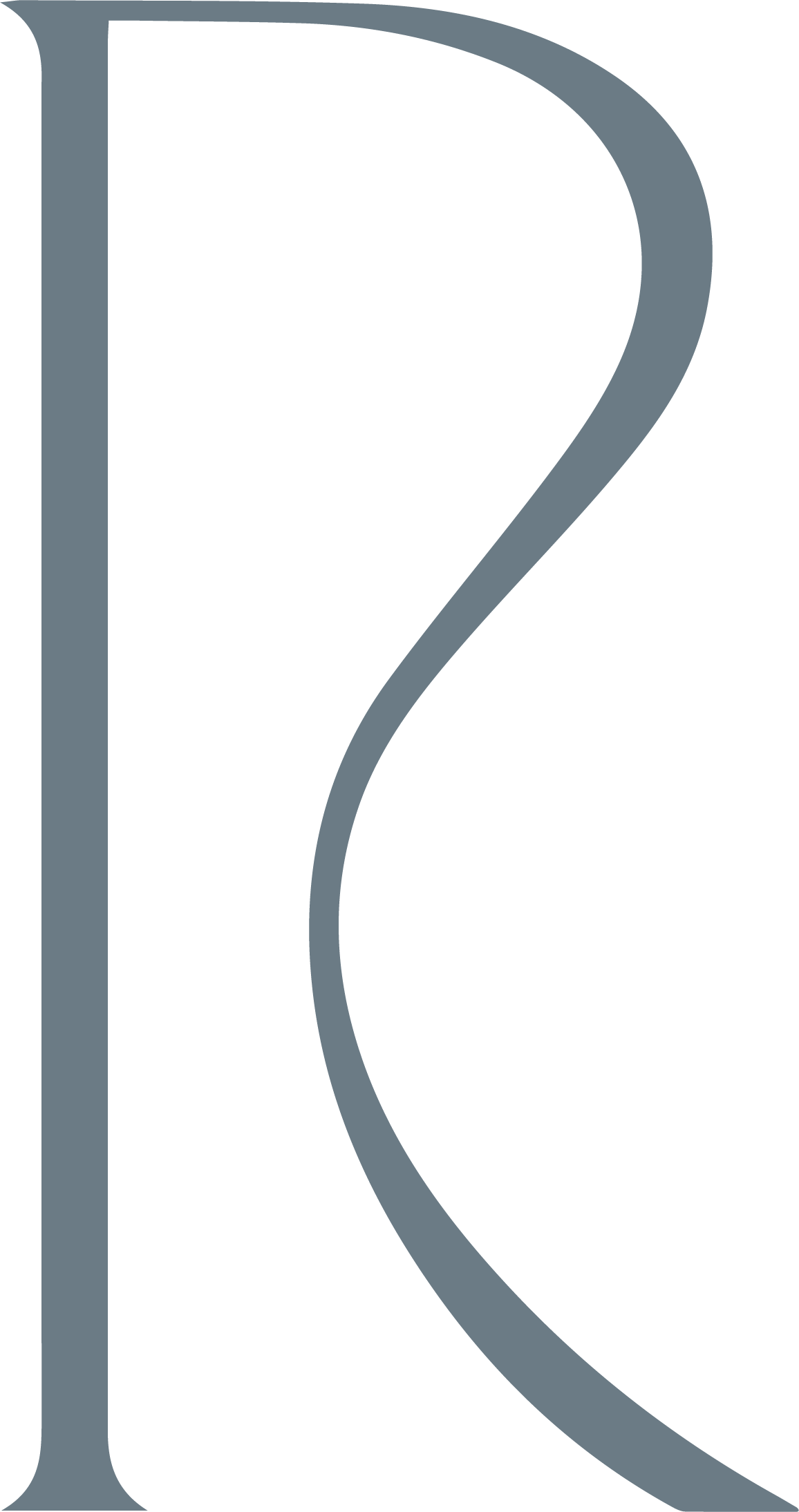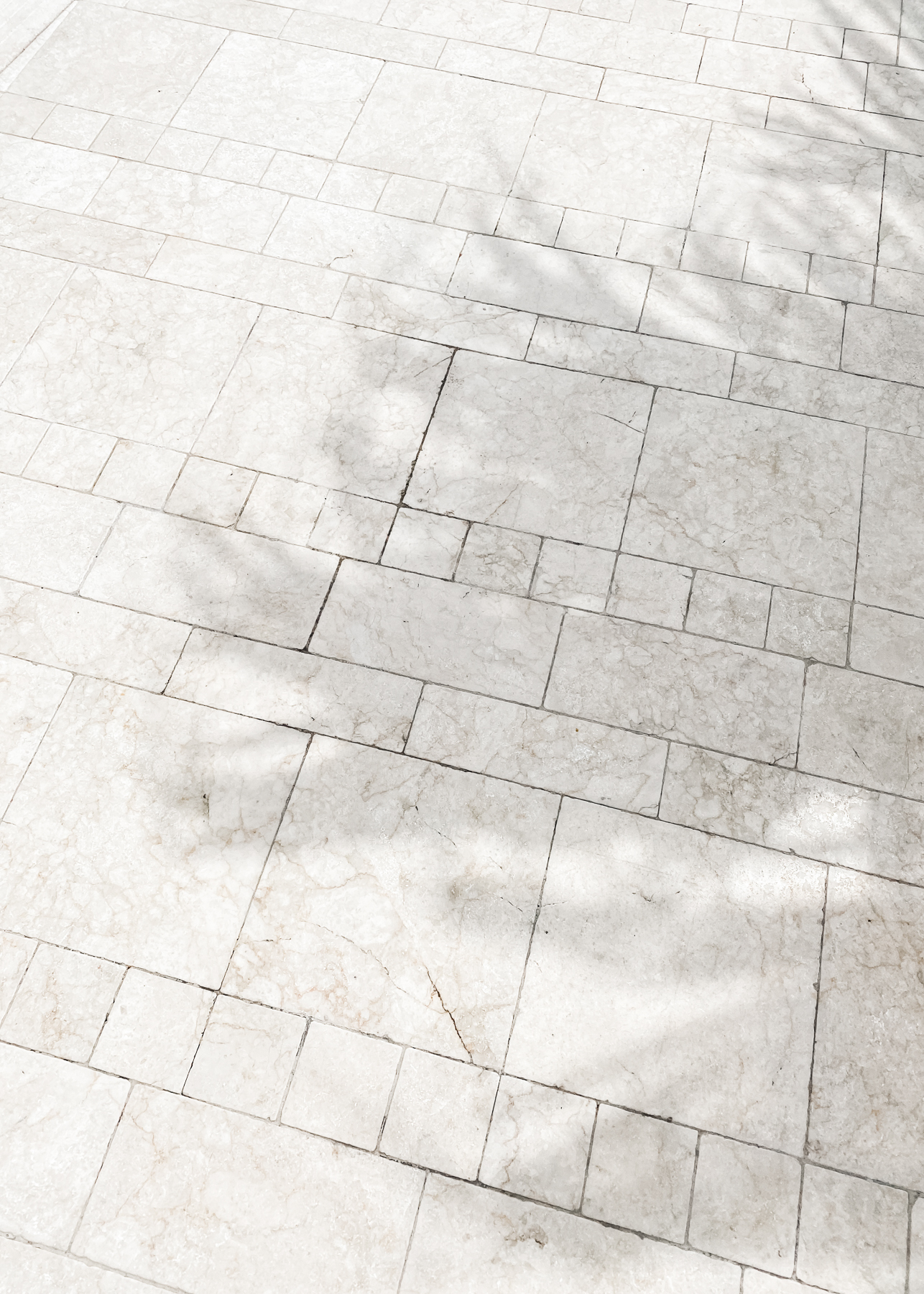What is OCD?
*This blog is the final instalment in our series on Anxiety Disorders.
We’ve all heard someone describe themselves as OCD, maybe we’ve even done it ourselves. This is mainly because OCD is by far one of the most misunderstood mental health conditions under the anxiety umbrella.
Before we dive into what OCD is, we should elaborate on what it is NOT. Chances are your need to organize your home, colour code your closet or fix a lopsided picture frame is (probably) not OCD.
OCD can actually be broken down into two components, Obsessions and Compulsions.
What Is OCD?
As stated in the DSM5, OCD can be defined as:
Obsessions: “ Recurrent and persistent thoughts, urges or images that are experienced, at some time during the disturbance, as intrusive, unwanted, and that in most individuals cause marked anxiety or distress.The individual attempts to ignore or suppress such thoughts, urges, or images, or to neutralize them with some thought or action (i.e., by performing a compulsion).”
Compulsions: “Repetitive behaviours (e.g., hand washing, ordering/checking) or mental acts (e.g., praying, counting, repeating words silently) that the person feels driven to perform in response to an obsession, or according to the rules that must be applied rigidly.The behaviours or mental acts are aimed at preventing or reducing distress or preventing some dreaded event or situation. However, these behaviours or mental acts either are not connected in a realistic way with what they are designed to neutralize or prevent or are clearly excessive.”
Common Obsessions and Compulsions
When most people think of OCD, they may think of health or contamination obsessions, leading to compulsions such as hand washing. Although this is a type of OCD, it’s certainly not the only theme. Some common intrusive thoughts (obsessions) and possible compulsions can include the following examples:
Harm Obsession: What if I snap and stab my friend! = Hiding or disposing of all the knives in your home.
Contamination Obsession: What if I unknowingly spread a disease to my sister! = Repeatedly washing hands or sanitizing the house!
Religious OCD: What if I’ve done something to upset God! = Repetitive prayer.
Pure OCD: What if I’m a horrible person! = Ruminating over past events to confirm any small wrongdoing, or checking with other people for confirmation.
OCD can cover a number of topics and include both physical compulsions like hand washing and mental compulsions like ruminating or examining past events over and over in your head to try and confirm your suspicions.
OCD can often include taboo subjects, which deter people from seeking help! Taboo themes can include: the fear of harming someone you love like a partner or your child, the fear of being gay or straight, fear of being a bad person, fear of being a pedophile or fear of dishonouring God. These intrusive thoughts are extremely distressing and unwanted by the person who has them and due to their taboo nature it often prevents them from seeking help in the fear of being misunderstood, misdiagnosed or labelled as the exact thing they fear.
Best Treatment For OCD
Unlike the other anxiety disorders we’ve discussed in our anxiety series, the gold standard treatment for OCD is known as ERP or Exposure and Response Prevention. As the name would suggest, ERP involves a patient being exposed to the very thing that causes them anxiety. For example a person with Harm OCD may be asked by their therapist to hold a knife. This form of therapy can be difficult for the patient as they are being asked to engage in the very behaviour that causes them so much distress, however, it is the most effective form of therapy. By partaking in the behaviour or thought that causes them so much distress, patients are able to prove to themselves that they are not the sum of their thoughts.
As OCD is nicknamed “the doubting disorder” other popular anxiety healing modalities such as CBT are not recommended as the act of dissecting the obsessions can often lead to more doubt, rumination and further belief that the thoughts are true.
Think you may have OCD? Looking for help? Contact us today








